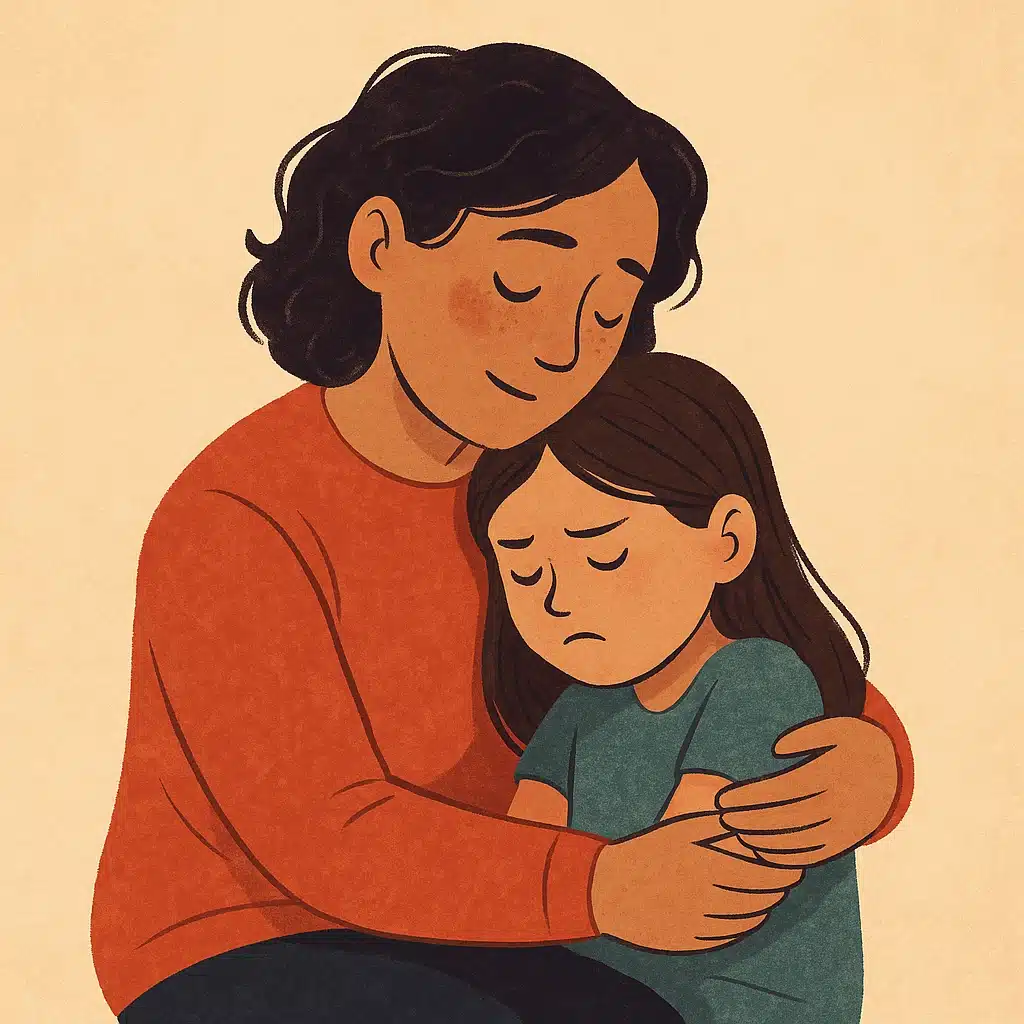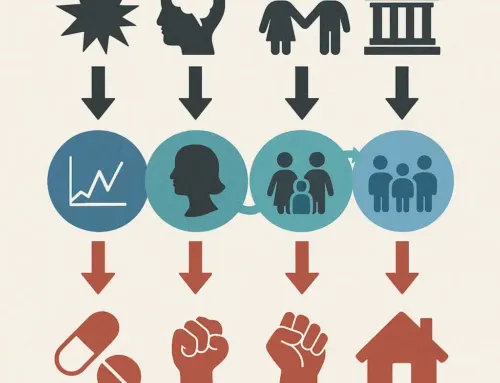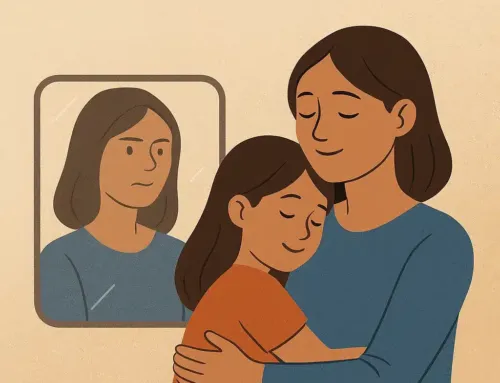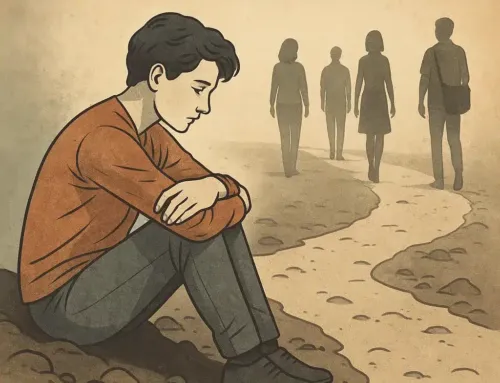
Approx. read time: 6.3 min.
Post: Breakthrough Guide to Parent-Child Relationship Repair: How to Rebuild Trust and Connection
Parent-child relationship repair. Why it happens, why it matters, and how to bridge the emotional gap.
Most parents expect a natural bond with their children. Love, connection, mutual understanding — these are often seen as automatic. But sometimes, a child doesn’t relate to their parents. Sometimes, they don’t even seem to like them. That can be painful, confusing, and difficult for everyone involved.
This disconnect doesn’t necessarily mean something is broken beyond repair. It often signals unmet emotional needs, clashing personalities, unhealed wounds, or poor communication patterns. The good news is, even strained relationships can evolve — but only with effort, insight, and strategy.
Why a Child Might Feel Disconnected From Their Parents
Children don’t dislike their parents out of nowhere. There’s always a reason — even if it’s buried under years of miscommunication or emotional mismatch. Here are some common causes:
1. Personality Clashes – parent-child relationship repair
Children are not carbon copies of their parents. They come with their own temperaments, preferences, and ways of seeing the world. When a child is highly sensitive and the parent is pragmatic and blunt, or when a parent is high-energy and the child is introverted, emotional misalignment can form early and deepen over time.
2. Lack of Emotional Attunement – parent-child relationship repair
Many parents provide for their kids materially but miss the emotional mark. A child who doesn’t feel seen, heard, or understood may start to resent the relationship. If their feelings are dismissed, mocked, or ignored, they learn that vulnerability is not safe with that parent.
3. Authoritarian or Dismissive Parenting – parent-child relationship repair
Strict, controlling parenting can breed distance. So can neglect. When love is conditional — based on obedience, achievement, or silence — a child learns to suppress their true self around the parent. Eventually, that morphs into disconnection or dislike.
4. Unresolved Conflict or Trauma – parent-child relationship repair
If there’s a history of yelling, harsh punishment, or family trauma (e.g., divorce, addiction, abuse), it erodes trust. Without acknowledgment and healing, these events act like emotional landmines in the relationship.
5. Identity Misalignment – parent-child relationship repair
This is especially common in adolescence and early adulthood. If a child’s core identity — their values, sexuality, beliefs, or lifestyle — feels judged or rejected by their parents, they’ll often emotionally detach as a form of self-protection.
The Stakes: Why Repairing the Relationship Matters
A fractured parent-child relationship isn’t just emotionally painful. It has real consequences:
- Mental health risks: Children who don’t feel connected to their caregivers are more prone to anxiety, depression, and low self-esteem.
- Life decisions: Disconnection from parents can affect how children form relationships, approach conflict, or manage stress as adults.
- Generational impact: Unaddressed family dysfunction tends to repeat across generations unless someone breaks the cycle.
But none of this is inevitable. Relationships can improve — often dramatically — with intentional, steady work.
Strategies to Rebuild the Connection-Parent-child Relationship repair
Improving a strained parent-child relationship isn’t about forcing closeness. It’s about building trust, safety, and mutual respect over time. Here’s how to start:
1. Listen More Than You Talk
Many parents listen to correct, to advise, or to defend themselves. That’s not real listening. What helps is non-defensive, empathetic listening — listening to understand the child’s internal world, not to change it.
Instead of:
“That’s not what happened!”
Try:
“That’s how it felt to you — I didn’t realize that. I want to understand more.”
Validation doesn’t mean agreeing with everything. It means recognizing their feelings are real to them. That alone can soften walls.
2. Apologize Without Conditions
If there’s hurt in the past — and there usually is — own it. A sincere apology isn’t a sign of weakness. It’s a relationship reset button. The key is to apologize without excuses.
Say:
“I was too hard on you when you were younger, and that left a mark. I regret it. I’m sorry.”
Don’t say:
“I’m sorry you feel that way, but I was doing my best.”
Even if you were doing your best, the focus needs to be on the impact, not the intent.
3. Show Up Consistently
Trust is built through repetition. You can’t heal years of distance with a single heart-to-heart. You rebuild connection by showing up — emotionally, physically, consistently.
That might mean:
- Initiating regular phone calls or meetups without pressure
- Asking questions about their interests and actually listening
- Respecting their boundaries and timelines for connection
Even if the child is cold at first, steady warmth can thaw years of ice.
4. Let Them Be Themselves
Trying to “fix” or reshape a child into someone more agreeable or familiar often backfires. Instead, aim for curiosity over control. Ask open-ended questions. Express appreciation for their individuality, even if it’s different from yours.
Say:
“You’ve always had your own way of thinking. I admire that about you.”
This signals that they don’t have to perform or conform to earn your love.
5. Respect Boundaries
Pushing too hard can cause retreat. If your child says they need space, believe them. If they say a topic is off-limits, drop it. Boundaries are not rejection — they’re tools to make a relationship safer and more sustainable. Honoring boundaries shows maturity and builds credibility.
6. Invest in Family Therapy (If Needed)
Some wounds are too big or complicated to sort through alone. A trained therapist can help unpack the history, guide better communication, and create a safer emotional climate. Therapy doesn’t mean your family is broken — it means you care enough to try to grow.
7. Do the Inner Work
Ask yourself:
- What triggers me about this child?
- Where might my own upbringing be influencing how I parent?
- Am I willing to change, or just hoping they will?
Sometimes a parent’s unresolved trauma, shame, or perfectionism is driving the disconnect. When you work on your own patterns, the relationship often shifts in response.
What If the Child Still Doesn’t Want a Relationship?
That’s a painful possibility. Some children, especially adult children, choose distance as self-protection. If they’ve set firm boundaries — even no-contact — you have to honor that, no matter how much it hurts. Trying to push past those boundaries will only confirm their reasons for creating them.
What you can do:
- Leave the door open with compassion: “Whenever you’re ready, I’m here.”
- Focus on becoming the healthiest version of yourself.
- Accept that love sometimes means letting go.
Even then, relationships can shift years later. But it starts with respecting the space they need now.
Final Thoughts-Parent-child Relationship repair
A child who doesn’t relate to or like their parents isn’t broken. Nor are the parents. But the relationship is signaling that something has gone unsaid, unfelt, or unmet for too long.
Repair doesn’t come through guilt-tripping, power plays, or pretending nothing’s wrong. It comes through humility, curiosity, accountability, and emotional availability. Relationships thrive when people feel safe — safe to be seen, to be heard, and to be loved as they are.
It won’t always be easy. But it is always worth trying.
Related Videos:
Related Posts:
God as Energy? Rethinking Divinity Through Science and Connection
Nature vs. Nurture: Why It Still Matters
B12 and Agni: Unlock Optimal Digestion
Yes, There Are Victories in Motherhood — Even When It Feels Like You’re Losing
Powerful Post-Therapy Recovery Routine – 7 Essential Steps
Life Is Your Playground—So Remember, You Only Live Once
The Food and Energy Connection: How What You Eat Shapes Your Vibration and Well-Being









